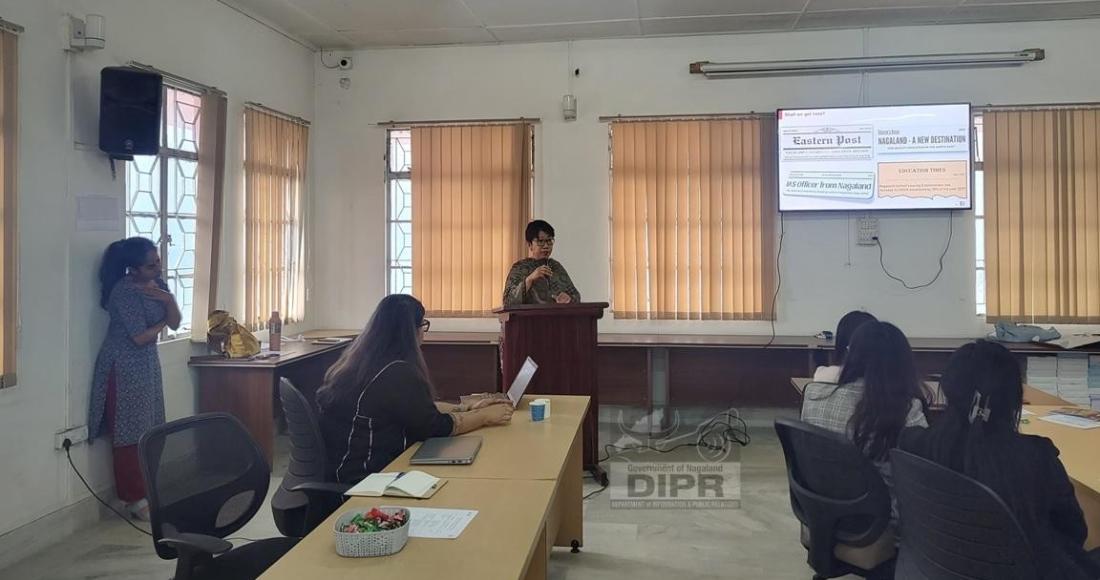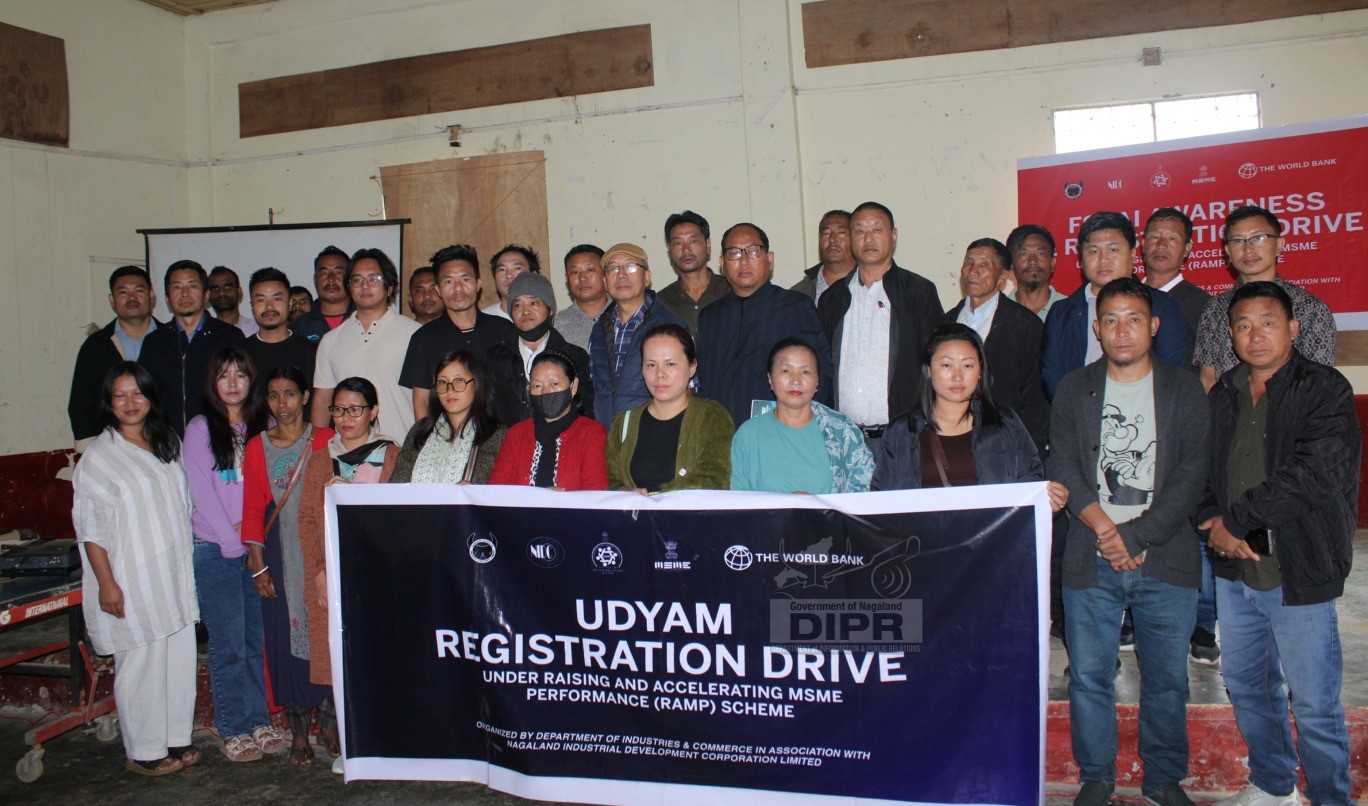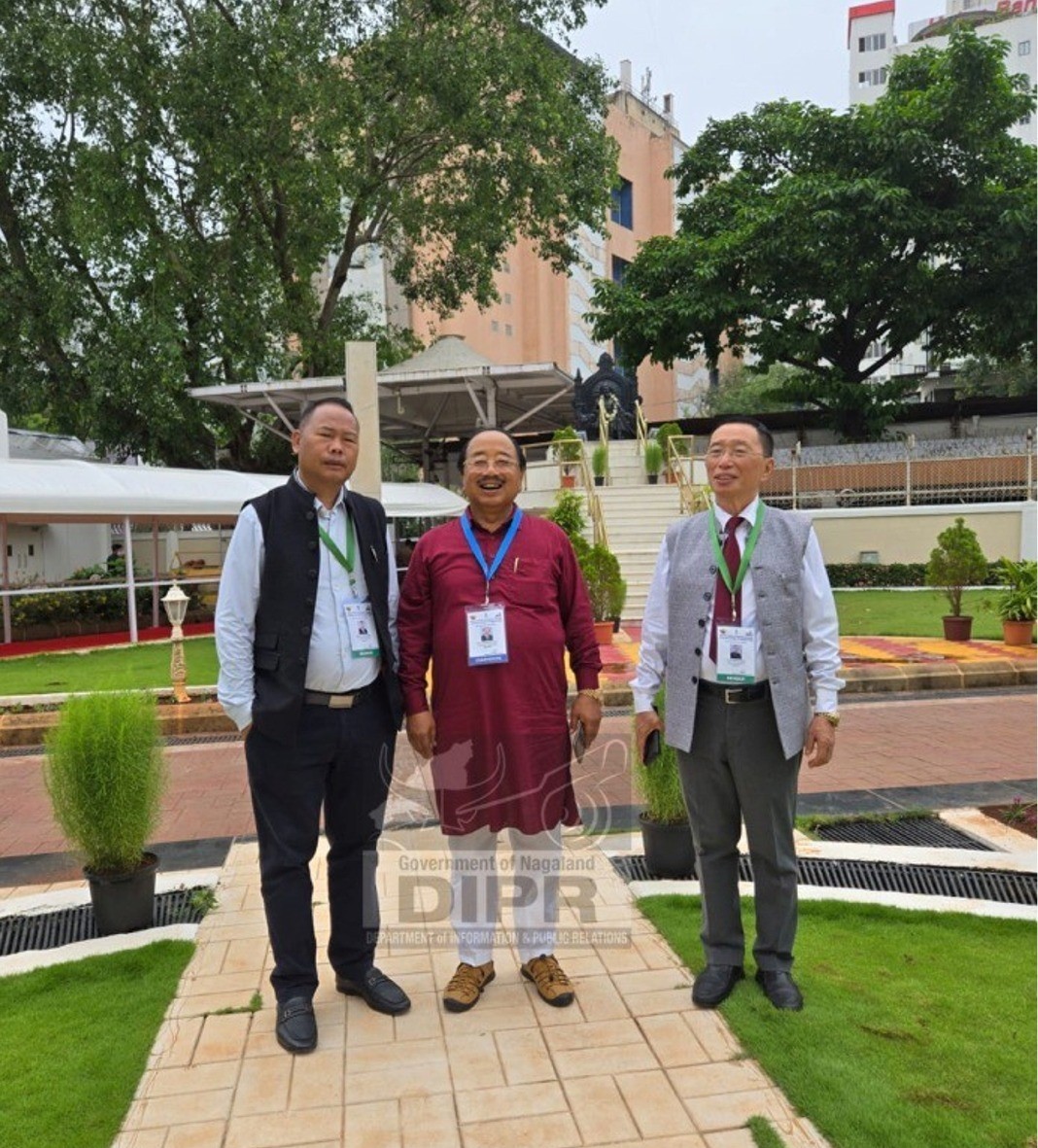A workshop on Exam Reforms Management Plan was held at the Nagaland Board of School Education, Kohima, on 1 May 2025 to bring together all stakeholders to evaluate and discuss the roadmap for implementing Exam Reforms in the state.
Deputy Project Director, NECTAR, Avelu Ruho stated in the opening note that through the partnership between sister departments of School Education, the groundwork for Exam Reforms that aims to move from rote memorisation to competency assessments as recommended by the National Education Policy 2020 was established. She also thanked the NBSE for the active collaboration that resulted in findings to inform the way forward.
Secretary NBSE, Rangumbuing Nsarangbe, shared that with NECTAR’s support, extensive capacity building of all stakeholders could be conducted, and he requested the officials from the State Council of Educational Research and Training (SCERT) and the Directorate of School Education (DoSE) to discuss the steps for implementing Exam Reforms.
The technical partner, Educational Initiatives, engaged in two phases since 2022—assessed the prevailing examination practices in detail and presented their recommendations under four crucial areas:
- Strengthening Evaluation Practices
- Strengthening Inclusive Assessments
- Strengthening School-Based Assessments
- Strengthening Paper-Setting Structures
During the workshop, the participants deliberated on the roadmap for its sustainability, institutionalisation, and handover of tasks and responsibilities across various Education Department stakeholders.
Commissioner & Secretary, School Education & SCERT, Kevileno Angami delivered the closing remarks. She stated that for Exam Reforms to work, one of the most crucial elements is the collaboration between NBSE and SCERT. For any assessment-related reform to be meaningful, the reforms need to start with the curriculum design and the alignment of Learning Outcomes (LOs) designed by SCERT and NBSE.
She further stated that even the exam conducted by DoSE for the Primary School Leaving Certificate (Class 5 exams) needs to follow the same structures laid down in the paper setting structure, evaluation practices, school-based assessments and inclusive assessments adopted by NBSE and SCERT.
She also stated that institutionalisation of these reform measures now depends on how the Department carries it forward, with NBSE and SCERT at the helm.
(DIPR)






